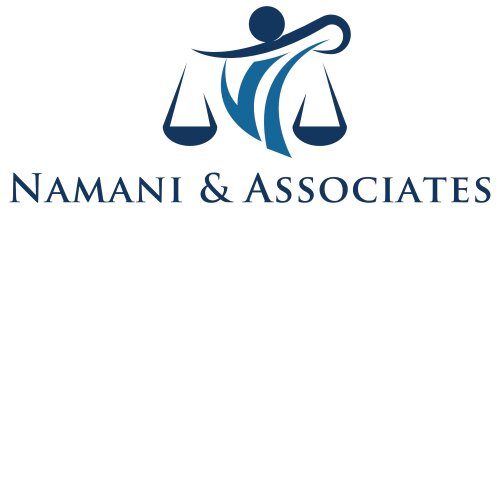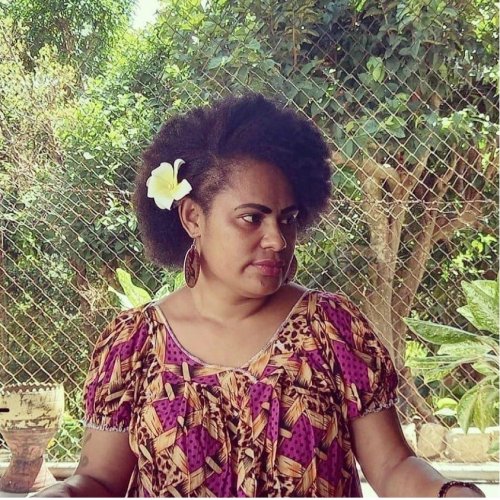Best ADR Mediation & Arbitration Lawyers in Papua New Guinea
Share your needs with us, get contacted by law firms.
Free. Takes 2 min.
Or refine your search by selecting a city:
List of the best lawyers in Papua New Guinea
About ADR Mediation & Arbitration Law in Papua New Guinea
Alternative Dispute Resolution (ADR) refers to a range of processes that help parties resolve disputes without a trial. In Papua New Guinea, ADR primarily includes mediation and arbitration. This legal approach is highly valued for its flexibility, efficiency, and capacity to provide more amicable resolutions compared to traditional litigation. Mediation involves a neutral third party facilitating communication between disputing parties to help them reach a mutual agreement, whereas arbitration involves a binding decision from an arbitrator after evaluating the evidence and arguments.
Why You May Need a Lawyer
There are several instances where one might require legal assistance for ADR Mediation & Arbitration in Papua New Guinea:
- Guidance through complex legal processes and documentation.
- Representation during mediation or arbitration sessions.
- Expert advice on the legality and implications of settlement agreements.
- Assistance in enforcing arbitration awards.
- To better understand your rights and obligations under ADR proceedings.
Local Laws Overview
In Papua New Guinea, the legal framework governing ADR is still evolving, but key principles are influenced by customary law and modern legal practices. The use of ADR is encouraged in both civil and commercial disputes to alleviate the court's burden and promote swift justice. Mediation is often considered as a first step before proceeding to arbitration or court, particularly in matters involving contractual disputes, familial issues, or community conflicts.
Frequently Asked Questions
What is the difference between mediation and arbitration?
Mediation involves a mediator who facilitates consensus between parties, while arbitration is a process where an arbitrator renders a binding decision.
Is participation in mediation or arbitration mandatory?
It depends on the contractual agreement or the nature of the dispute. Some contracts stipulate ADR as a preliminary step before litigation.
What types of disputes are suitable for ADR in Papua New Guinea?
Commercial, family, employment, and land disputes are commonly resolved through ADR.
How long does the ADR process take?
The duration varies based on complexity and parties’ cooperation, but ADR generally resolves more quickly than court proceedings.
Are ADR decisions binding in Papua New Guinea?
Mediation outcomes are not binding unless agreed upon in writing, whereas arbitration awards are typically binding.
Can I appeal an arbitration decision?
Grounds for appeal are limited and generally focus on procedural issues, not the merits of the case.
How is the confidentiality of ADR proceedings maintained?
Confidentiality is generally respected and upheld, especially in mediation, contributing to open and honest negotiations.
Do I have to have a lawyer during ADR proceedings?
While not mandatory, having a lawyer can provide a crucial advantage in understanding legal rights and negotiations.
What role do traditional dispute resolution methods play in Papua New Guinea?
Traditional methods continue to play a significant role, often integrated within ADR to respect cultural practices and community norms.
How can I initiate an ADR process?
Consult a legal professional to understand the best approach, whether it involves negotiation, mediation, or arbitration, based on your specific case.
Additional Resources
For those seeking more information or assistance with ADR Mediation & Arbitration in Papua New Guinea, consider the following resources:
- The Papua New Guinea Law Society
- Local legal aid organizations
- The Dispute Resolution Center in Port Moresby
- Public libraries for access to legal texts and guidance
Next Steps
If you require legal assistance for ADR Mediation & Arbitration in Papua New Guinea, consider the following steps:
- Identify the nature of your dispute and decide if ADR is appropriate.
- Seek out a reputable lawyer specializing in ADR processes who understands the local legal landscape.
- Prepare all relevant documents and information related to your dispute.
- Engage with a mediator or arbitrator chosen by both parties.
- Follow through with the recommended process and be open to negotiation and compromise.
Lawzana helps you find the best lawyers and law firms in Papua New Guinea through a curated and pre-screened list of qualified legal professionals. Our platform offers rankings and detailed profiles of attorneys and law firms, allowing you to compare based on practice areas, including ADR Mediation & Arbitration , experience, and client feedback.
Each profile includes a description of the firm's areas of practice, client reviews, team members and partners, year of establishment, spoken languages, office locations, contact information, social media presence, and any published articles or resources. Most firms on our platform speak English and are experienced in both local and international legal matters.
Get a quote from top-rated law firms in Papua New Guinea — quickly, securely, and without unnecessary hassle.
Disclaimer:
The information provided on this page is for general informational purposes only and does not constitute legal advice. While we strive to ensure the accuracy and relevance of the content, legal information may change over time, and interpretations of the law can vary. You should always consult with a qualified legal professional for advice specific to your situation.
We disclaim all liability for actions taken or not taken based on the content of this page. If you believe any information is incorrect or outdated, please contact us, and we will review and update it where appropriate.
Browse adr mediation & arbitration law firms by city in Papua New Guinea
Refine your search by selecting a city.















